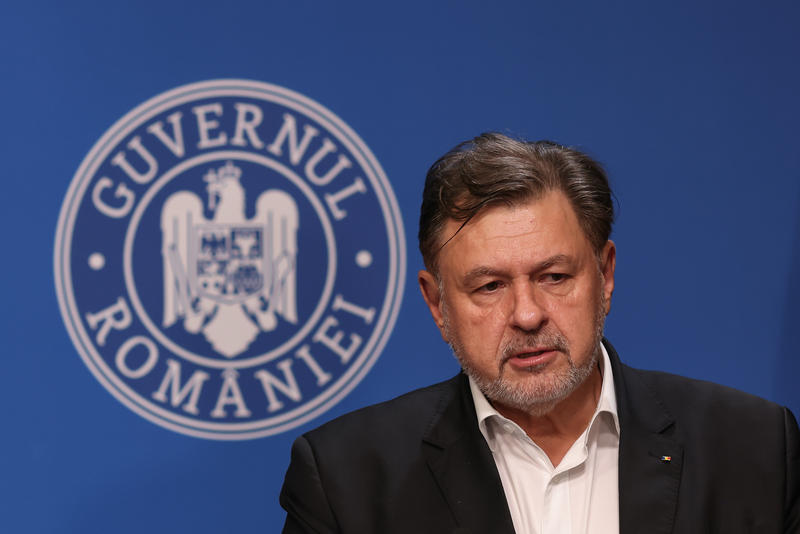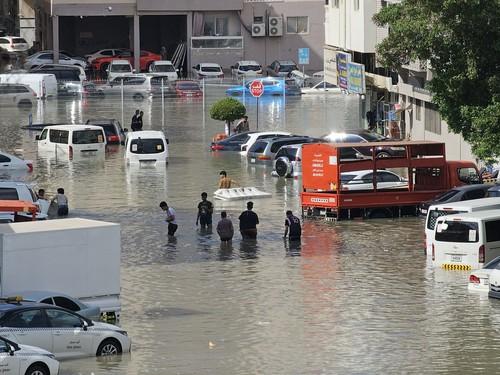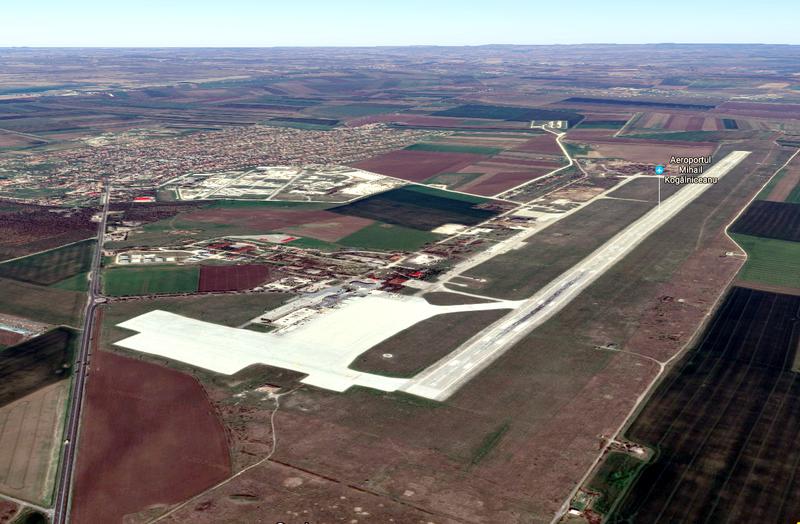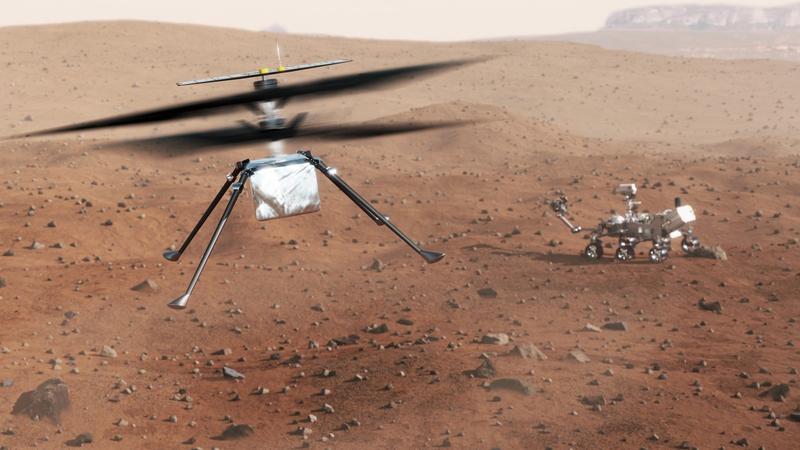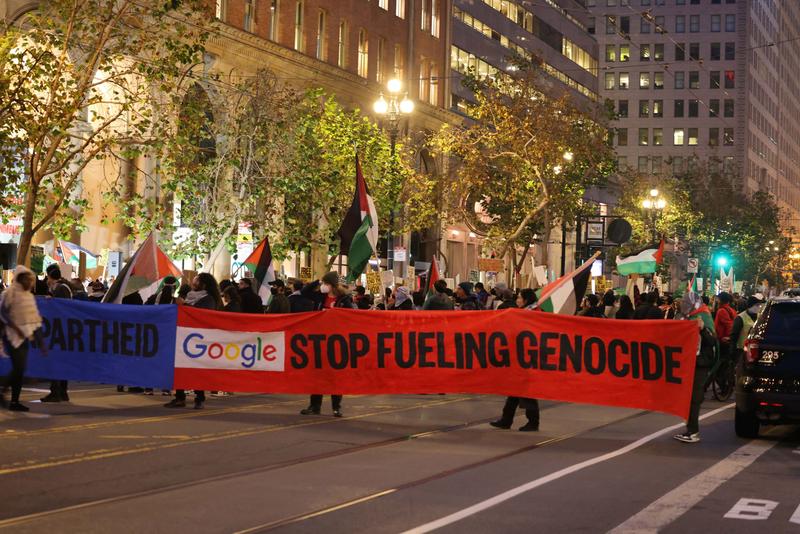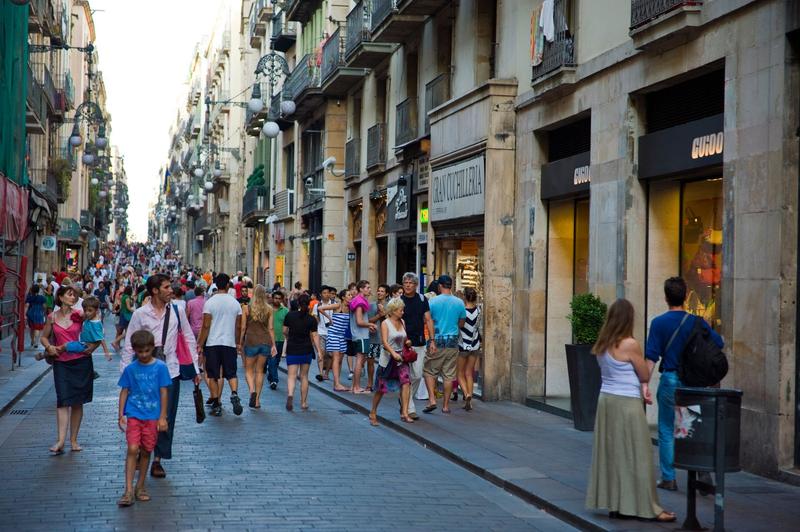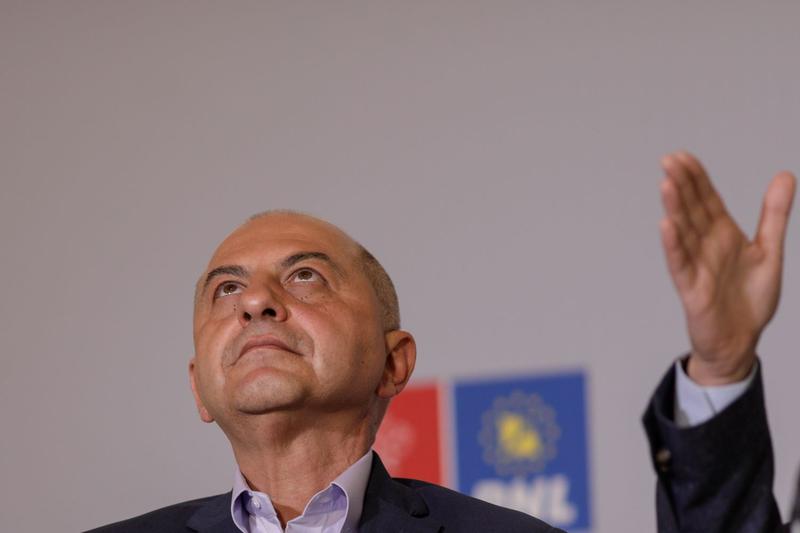Romania Government seeks ways to bring down the National Anti-corruption Department (DNA), the main anti-graft body in the country, by unifying it with the main body dealing with organized crime and terrorism cases DIICOT, according to government sources. An emergency ordinance in this regard is said to be adopted very soon, the sources say. Officially, the government denies any such plans.
“We have not yet received any draft legislation in this regard and the government schedule for today does not include any extraordinary session”, Government spokeswoman Camelia Spataru told HotNews.ro.
DNA officials say they have not been informed about a possible merger between DNA and DIICOT but that the idea was circulating consistently when former Justice minister Monica Macovei was forced out of the government in spring this year. Such a move was considered as the only way to also remove the head of the DNA, Daniel Morar.
Daniel Morar and other DNA officials have been at loggerheads with Government representatives for months. Several current and former members of the government are under DNA investigation over graft charges.
Technically, bringing DNA and DIICOT together would mean the creation of a new body subordinated to the Prosecutor’s General. The Justice Ministry would be the one to propose a new head for such a body.
Teoretically, even if DNA and DIICOT merge, the last word on naming the head of the new institution belongs to President Traian Basescu, known for his hostile position towards the Liberal Government. According to quoted sources, the Government tries to earn time by blocking ongoing investigations involving some of the members of the Tariceanu Government.
“The Justice minister [Tudor Chiuariu, subject of a DNA investigation - editor’s note] goes with the idea that Traian Basescu would reject or not approve any other nomination [to head the new body] beside Daniel Morar.
And should he refuse to have a say, his position can be challenged at the Constitutional Court as it happened in the case of Adrian Cioroianu”, the Foreign minister, Presidency sources told HotNews.ro.
Early this year, PM Calin Popescu Tariceanu nominated Cioroianu to replace then-outgoing Foreign minister Mihai Razvan Ungureanu as head of the Romanian diplomacy. The nomination was blocked by President Basescu repeatedly until the Constitutional Court decreed he could no longer do so, allowing Cioroianu to be named in office.
If such a means is taken this time again, the possible new institution can be left without management for an unspecified period and investigated minister would be allowed time to move their way around the situation.
Three independent experts are in Romania on behalf of the European Commission these days to evaluate an action plan submitted by the Justice Ministry to public debate, which must be adopted before late October.
As far as the fight against corruption is concerned, Romania has guaranteed to the EU that it would provide a legal and institutional stability of anti-corruption structures especially by maintaining procedures of naming the Prosecutor General and the head of the Anti-Corruption Prosecutor’s Department.
“Should DNA and DIICOT merge, Romania risks activating an EU safeguard clause on Justice”, experts in the field say.

